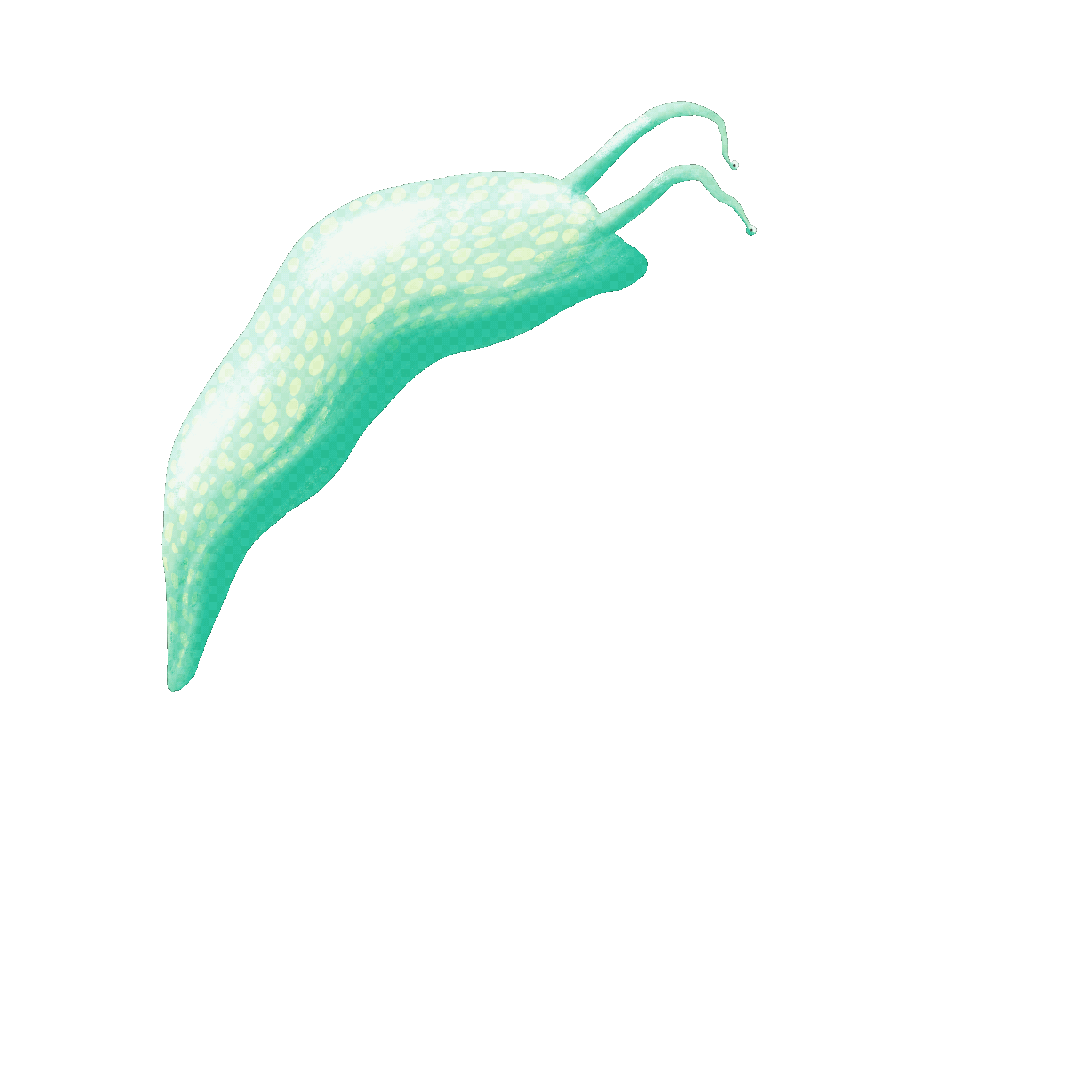Interviews
- Apr 2, 2019
- 2 min read
The research allowed us to better understand misophonia as well as what we wanted to get from the interviews. It seemed that the discussion around misophonia didn’t tend to focus on feelings and personal experiences. We decided to approach the subject from a very personal angle and felt that by including the voices of people affected by misophonia we could create an intimacy and empathy. The questions were therefore tailored to address how misophonia affects the lives of the people we talked to.
We first came up with some broad question subjects:
How it feels
Worst situations
How it affects relationships
First experience
How they try to manage it
Noises that have the opposite effect
Is it triggered by specific people/can you trigger yourself
The extent that visuals impact misophonia (seeing someone chewing)
Any positive sounds?
Then began to contextualise these into questions with specific phrasings that would hopefully be open-ended enough to initiate a conversation and not be too ‘leading’.
What sounds trigger you?
Can you describe how hearing these sounds feels?
Can you pinpoint a time when you began to experience misophonia?
How does it affect your relationships?
Do sounds from certain people trigger you?
Are people understanding/how do they react?
How do you manage your misophonia - privately and in public?
Do you have any specific coping mechanisms?
Do you only experience a heightened sensitivity towards negative sounds? i.e do you respond positively to any noises?
Do visuals have an impact on your misophonia?
Also ask if they can provide some examples of situations
Ask if they can illustrate how it makes them feel (if they want)
The interviews were recorded with people we knew as well as some we had sourced through a ‘meadows share’ post. We made sure to inform the candidates exactly what we’d be doing and how we’d use their recordings. Unfortunately, by creating such specific questions beforehand, we found that interviews could feel quite wooden, without much interesting conversational flow – to rectify this, in later interviews we used our questions as an outline but didn’t stick to them, allowing the conversation to flow more naturally. I think making an effort to make the subject more comfortable would’ve helped; as the earlier interviews were conducted in unfamiliar environments.







Comments